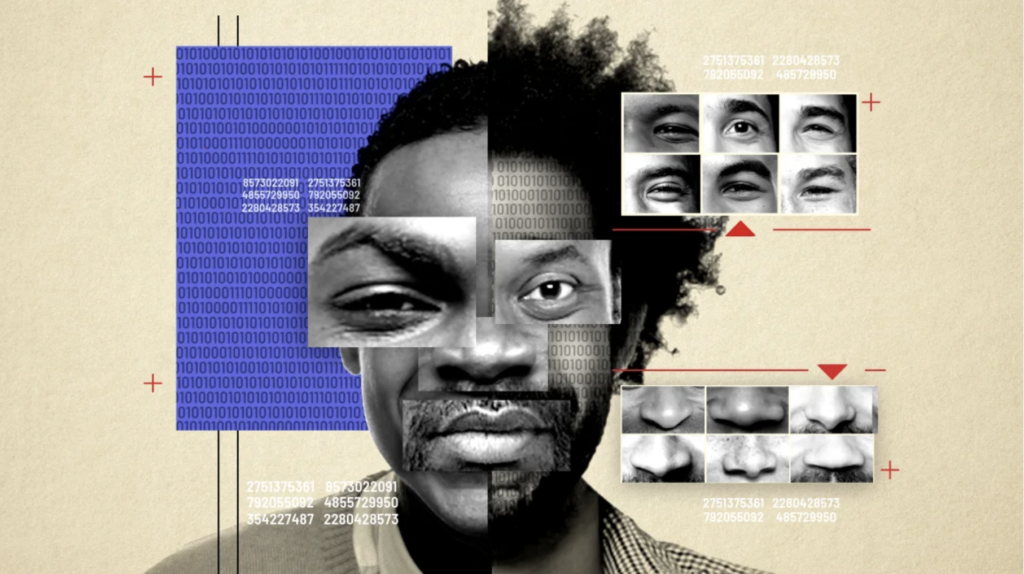For Kave Bulambo, a Berlin-based tech guru, if science and tech are to help humanity deal with world problems, including racism and social injustices, the responsibility falls on those building tech solutions meant for global use to ensure representation of the diverse people that make up the society.
She is one of many who are concerned about prevailing diversity gaps in the tech industry as computers increasingly play central role in decision making across sectors and industries, and the resulting techno-racism disaster, if unchecked.
Techno-racism refers to the situation when systemic racial discriminations faced by people of color are embedded in design of tech systems that are deployed to the world for use in daily lives.
Cases in point are facial recognition and biometric identification technologies that fail to differentiate between people of color, flawed medical diagnostics solutions and others used in routine activities by companies and institutions.
ALSO READ: Q&A: With the rise of ‘no code’, young people don’t need to leave Africa to be successful
Digital rights groups, just like tech experts, indicate that the effects are more harmful when these biases are embedded in tech tools used in law enforcement and healthcare system.
It is these concerns that saw Ms. Bulambo on a journey to push for diversity in the tech industry by, on one hand, getting people of color to pique interest in tech solutions design, and getting tech companies that dominate the space to onboard them, on the other.
She is the founder of Black In Tech Network with over 600 members, mainly black people born in Germany and those who moved to this Europe’s biggest economy.
Together, they work to address the underrepresentation of black professionals in the tech sector, and are part of the efforts of “shaping a future where no one will be left behind as the world digitizes.”
It is one of the ways to stop this new form of injustices, Bulambo told NewsPaper Africa.
“At the moment, we are only about 5 per cent in total shaping the tech landscape. Black women make up only about 1.7 per cent. So 83 per cent of the developers in the world are men, and most probably white men. If we must have an equitable digital space, there is need to make sure that there is a balance in who is developing the technologies and the softwares that we are using as a society,” she said.
At stake
In her view, if black people are not in the spaces where the technologies are built to be part of shaping them, or start to build these technologies themselves, the risk of being presented with technologies that are harmful will prevail.
Besides, those conceiving the technologies hold power to not only impose their worldview on the rest, but also determine what content is promoted online.
While tech companies – in Silicon Valley and Western capitals – are embracing technical talents from the African continent or considering the global majority countries as a space where they could hire talents, it hasn’t become so mainstream, reports the Network.
ALSO READ: Why data-hungry Facebook woos Africa with ‘goodies’ and what’s at stake
Issues of integration of global justice with digitilization featured prominently in discussions at the recently-concluded Digital Hub Conference in Berlin, which brought together innovators and thought leaders to deliberate how projects and initiatives can promote fairness and equity locally and worldwide.


